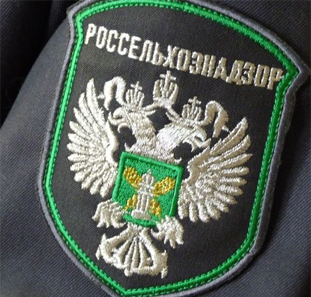The Public Council under Rosselkhoznadzor visited the Russian manufacturer of ear tags for animals
The company actively cooperates with the Public Council and farmers, taking into account in its work the specifics of agricultural production and the requirements of Russian legislation
Thus, among the recent solutions is the addition of visual ear tags with a number issued by ROSSELKHOZNADZOR, a sticker with a barcode that duplicates the tag number and is pasted into the statement by a specialist of the state veterinary service. After marking the animal, the number is read from the list by a barcode scanner, and the data is automatically transferred to the enterprise database and to the FSIS “VetIS”. Thus, the need to manually enter the Service number is eliminated, said Nikolai Vlasov, Advisor to the HEAD of Rosselkhoznadzor , who also inspected the production.
On September 1, the Law on Mandatory Animal Labeling came into force in RUSSIA . Registration is carried out by assigning an animal (group of animals) a unique alphanumeric identification number. it is valid during the life of the animal (the lifetime of the group of animals). Repeated registration of an individually marked animal is not allowed.
Marking is carried out by the owners at their own expense independently or through the involvement of other persons. Depending on the type of animal, you can choose the type of marking means from those provided for by veterinary rules.
Accounting is carried out in the FSIS component "VetIS" - "Horriot" free of charge by specialists in the field of veterinary medicine who are authorized persons of bodies and organizations included in the system of the State Veterinary Service of the Russian Federation, or specialists in the field of veterinary medicine who are not authorized persons of these institutions.
Rosselkhoznadzor has long and consistently advocated the introduction of animal registration and labeling. This is necessary to ensure traceability of goods controlled by state veterinary supervision, to prevent the spread of infectious diseases, including those common to humans and animals, as well as to promptly identify the source of their spread and quickly search for livestock.
Animals kept on private farms are also susceptible to diseases and can be a source of disease. Thus, they are subject to labeling and accounting even if they are not kept for the sale of agricultural products.
The service continues to improve the Horriot component and maintains a constant dialogue with the professional community. Instructions and reference material were developed, technical support was organized, and a TELEGRAM channel was created to discuss current issues of accounting and labeling.

